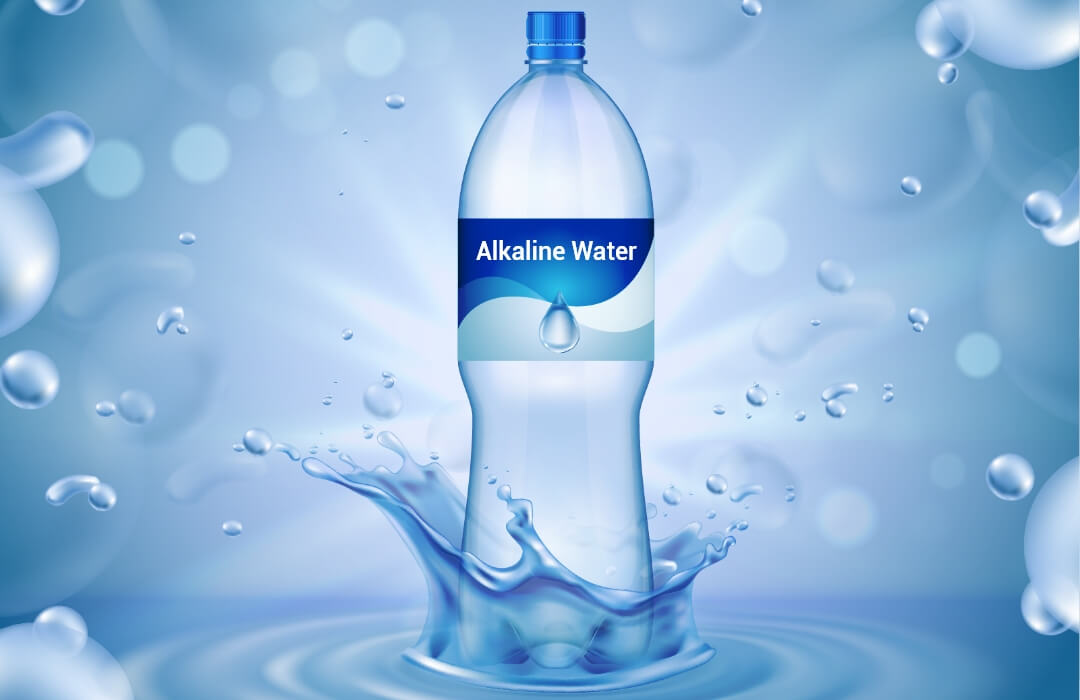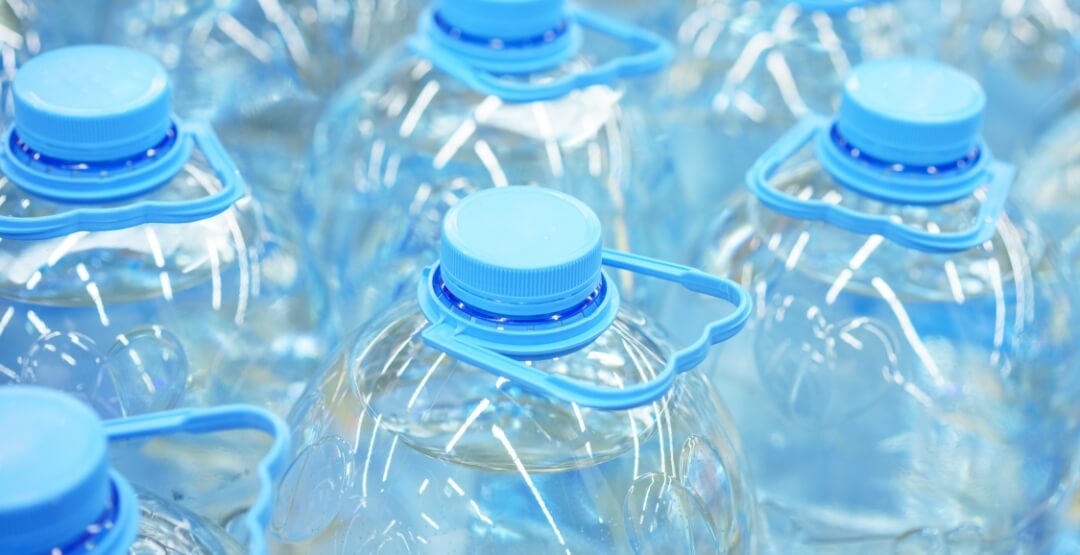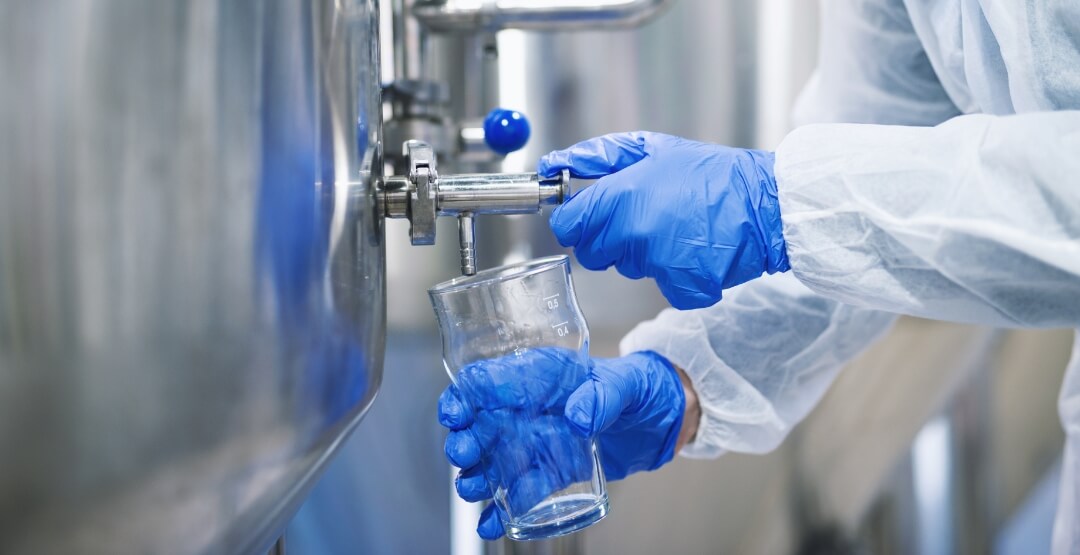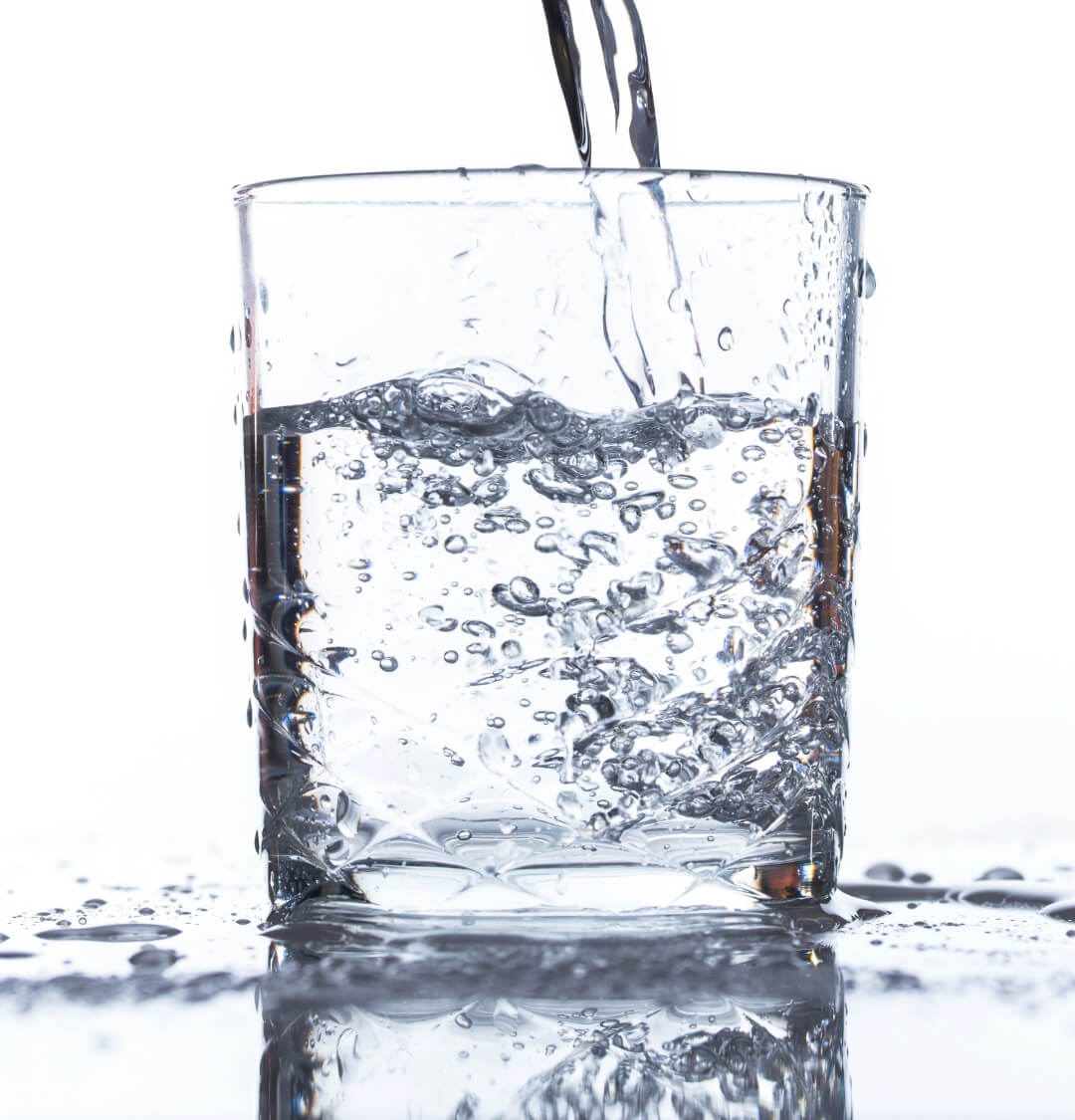
Drinking water : alkaline water and hydrogenated water. If drinking seems obvious to us, it is because water is the main constituent of our body, with an average quantity in an adult organism of about 65%, i.e. about 45 litres of water for a person weighing 70 kg ! While the concentration of water in the body varies from organ to organ, the highest concentration is in the blood, the heart and the brain. Depending on the country, tap water is generally safe to drink, with a pH between 6.5 and 9. A pH below 7 is acidic, above that it is basic or alkaline. This water has a high ORP due to the chlorination required to make the water drinkable (about +100 to 600mV). This ORP is the oxidation-reduction potential, also known as redox or redox potential. The latter, expressed in millivolts, reduces the oxidation of the body, which is the cause of ageing and disease. When it is positive (+mV), water is said to be oxidising, when it is negative (-mV), it is anti-oxidising and therefore beneficial to health. It is essential to look at the characteristics that make drinking water beneficial to our bodies.

Alkaline water
Alkaline water, or alkaline ionised water, is commercially available water with a high pH. The pH level, which stands for “hydrogen potential”, reflects the acidity of the water and refers to the amount of hydrogen it contains. The pH value is always between 1 and 14, and this determines whether the water is basic or acidic:
If it is below 7, the water is considered acidic
If it is 7, the water is considered neutral.
If it is higher than 7, the water is considered basic or alkaline.
For example, the pH of natural water ranges from 6.5 to 8.5. As a determining cause of its corrosiveness, it is understandable that water that is too acidic, which will dissolve metals (such as copper in pipes), increasing their content in the water we drink, can cause various health problems.
For this reason, treating water with chemicals to increase its pH, and thus make it alkaline, is considered one of the best measures to reduce its corrosiveness.
Production of alkaline water
Spring water that collects minerals as it flows through rocks becomes naturally alkaline. Artificially, alkaline water can be produced by electrolysis, separating its acid and alkaline components.
One of the best ways to alkalise your water is to use a filtration system, such as a water ioniser. This is attached to the tap and automatically separates alkaline and acidic water. The reverse osmosis filter is the champion of these filtration systems: consisting of a very fine membrane, it quickly produces alkaline drinking water.


Benefits of alkaline water
Many studies show the health benefits of alkaline water, such as a reduction in blood glucose and cholesterol levels. In addition, its consumption protects the pancreatic beta cells from oxidative damage.
Since alkaline water has a higher pH, its natural ability to neutralise acids in the stomach makes it an ideal choice for treating many gastric disorders, such as hyperacidity, diarrhoea, etc.
Hydrogenated water
Even if alkalising water has many advantages, new devices now make it possible to obtain highly antioxidant water by producing so-called hydrogenated water. This hydrogenated water is, as its name indicates, a water rich in hydrogen (it contains more H+ ions, or Hydrons).
Therapeutic water?
The major advantage of drinking hydrogenated water is that it fights free radicals to improve health. Indeed, these free radicals are molecules that have lost an electron and will steal one from the nearest molecule. This chain reaction will spread throughout the body until it modifies the very structure of our DNA, this is the oxidation mechanism. Suppressing these free radicals in the body helps to fight against this oxidation and therefore to improve health.
Molecular hydrogen peroxide is selective because it does not affect the harmless RODs (reactive oxygen derivatives) but eliminates the toxic RODs, i.e. the hydroxyl free radicals, a phenomenon called reduction. In addition, it diffuses into the body very quickly, unlike other antioxidants such as vitamin E, and is able to penetrate the lipids that make up the cell membrane.
Hydrogenated water is obviously not intended to replace normal drinking water for the time being, provided that the latter is well filtered and dynamised, but its consumption as an additional therapeutic water is tending to develop.

